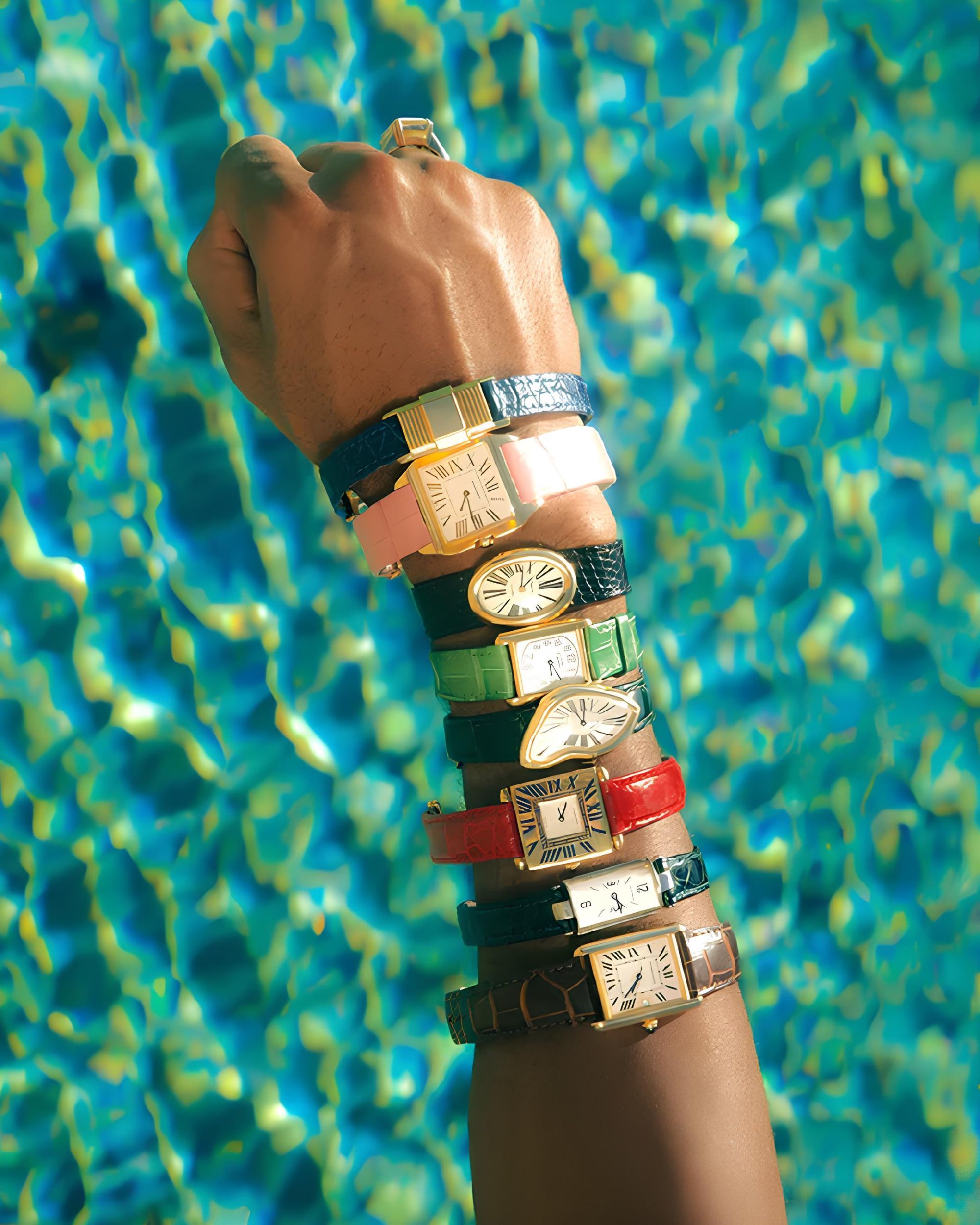
Rolex was fined 91 million euros Meanwhile, Swiss watch exports thrive
December is known to be an expensive month, but for some, it's costlier than others. Rolex, for instance, has been hit with a hefty fine of 91.6 million euros by France's antitrust agency, Autorite de la Concurrence. The penalty stems from an alleged decade-long crackdown on its authorized retailers in France, who were (seemingly unfairly) prohibited from selling Rolex watches online. The regulator firmly rejected Rolex's argument that the online sales ban was necessary to combat counterfeiting and parallel trade, where these precious watches are sold above their market value, often with ambiguous authenticity. The violations, according to the French Antitrust, are severe as they involve closing a significant marketing channel, disadvantaging both consumers and retailers. This news surprised many, as Rolex's policy (and that of other brands, including fashion such as Chanel) not to sell products online is something taken for granted and concerns individual company strategies. It's not specified how Rolex enforced this ban, and the crux of the problem might lie there, in how the brand imposed this ban on retailers. In our humble opinion, buying a new Rolex online feels wrong, akin to finding a discounted Hermès bag—it goes against the natural order of things.
@romansharf Rolex Waitlist THE TRUTH w/@biggestwatchbuyer @luxurybazaar #rolex #watches original sound - Roman Sharf
Rolex's French unit, held jointly responsible with Rolex Holding SA, Rolex SA, and the Hans Wilsdorf Foundation, has been ordered to inform retailers of the decision. Additionally, they must publish a summary of the decision on their website within two months for seven consecutive days. Traditionally discreet, Rolex has chosen not to comment on the matter, although many speculate that the next step might involve a silent settlement. The regulator's stance raises questions about the international implications of this decision: if online sales were allowed in France, would this signify a change in the brand's policy in other countries? Or universally? Legal technicalities aside, the unauthorized ban that Rolex had implemented seems linked to product control and a limitation on the individual initiatives of retailers. By selling the watch online, retailers would act with a degree of autonomy that the brand seems to dislike, creating shadows where unauthorized resale of watches could thrive, facilitated by the relative anonymity provided by online commerce.
Time is money so I went and bought a rolex (not really but Im on the rolex wait list. Same difference)
— x- Donlife (@BranDON_UNITE) January 1, 2022
Interestingly, this situation is part of a broader landscape that saw a significant growth in the Swiss watch market just last November: as reported by MF Fashion, despite a slight 1.3% decrease in the steel watch market, Swiss watch exports reached the extraordinary figure of 2.5 billion francs (about 2.6 billion euros) last month. This represents a 7.7% increase over eleven months, reflecting the performance of 2022. The growth in the overall value of watches, excluding those priced between 200 and 3,000 francs, indicates a positive trend. Watches priced above this range saw a 5% growth. The United States remains a crucial market, surpassing 400 million Swiss francs despite a modest 0.9% growth. Hong Kong secured the second position in November with 207 million francs, while the UK and Japan experienced substantial growth at 16% and 11%, respectively. On the other hand, France and Italy witnessed declines of 2.9% and 0.3%, signaling shifting market dynamics. Examining these data, it becomes clear that Rolex (and possibly other similarly high-level brands like Patek Philippe, which, for example, doesn't sell online) doesn't have much interest in expanding the distribution of a product that is already, out of necessity, limited in production. Given Rolex's leadership role in the industry, only time will tell how and if this incident will prompt broader changes in the luxury watch market.















































